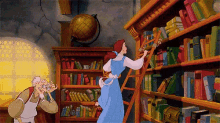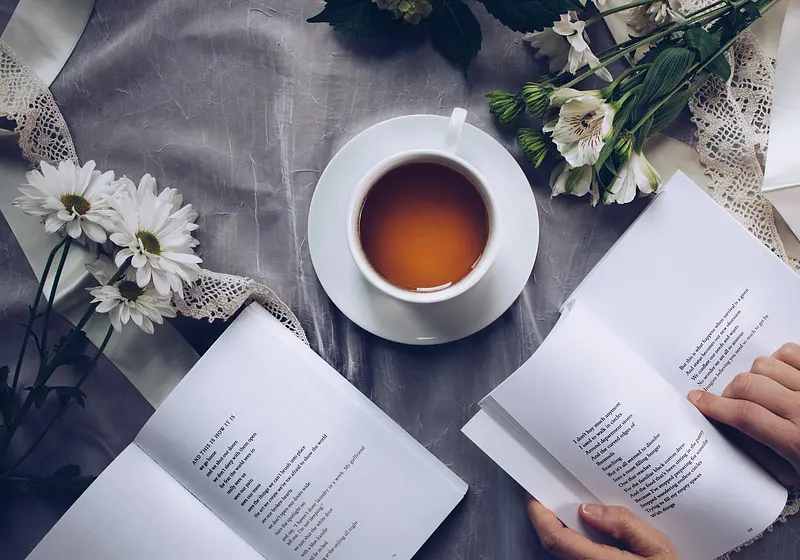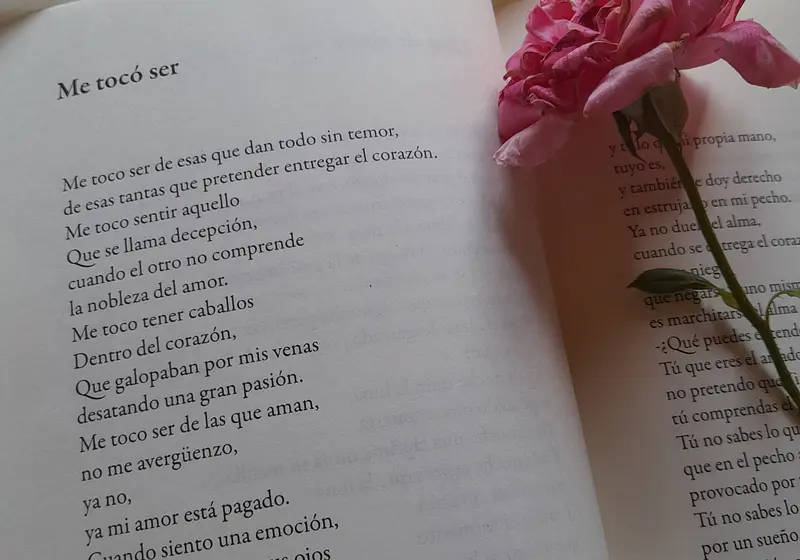For as long as I can remember, I have loved the Moon. One of my favorite things about our celestial neighbor is the literature it has inspired. The Moon has drawn writers and poets to capture its beauty through their pens, and it has inspired cultures to tell tales and fables. Here's why the moon is a fountain of inspiration for writers.
Let us slide into your dms 🥰
Get notified of top trending articles like this one every week! (we won't spam you)The Moon as a Mirror: Reflecting Humanity in Verse
Opinions on the moon vary widely. Many people experience wonder and amazement when they gaze at the moon. Its allure and visibility in the darkest of nights stir up feelings of awe and astonishment.
The moon's soft glow and the quiet of the night can foster serenity. For some, it acts as a comforting presence.
The moon frequently represents love and romance. Its connection to romantic imagery and literature symbolizes emotional bonds and love. Sometimes, the moon evokes feelings of solitude or sadness, particularly if someone feels alone or introspective. And the moon's different phases and significance in various cultural and astrological beliefs sparks creative inspiration.

Image Credits: Jordan Steranka from unsplash

Take the Quiz: Which Harry Potter Character Are You?
Find out which character matches your personality!
What Makes the Moon a Timeless Muse for Poets?
Lonely Moon by Sandra Feldman
The Moon will shine,
Without your smile,
But no longer shall it be,
A Moon that shines for me,
Gone are the days,
When you'd just stay,
So close, smiling at me.
The Moon is cold,
So I am told,
And winter's here for me,
When love is gone,
There is no Sun,
The Moon is all I see.
Oh lonely Moon,
my lonely Moon,
The Poor orphan in the sky,
Detached from mother Earth,
Your barren surface has no life,
No hope, no love, no mirth.
Oh Moon alone,
Made out of stone,
Rotating in the sky,
A phantom ship,
No life to grip,
No tears to even cry,
No one can feel your loneliness,
As deeply as can I.
In Lonely Moon, Sandra Feldman links the moon to human emotions. The way the moon's soft light and its quiet, steady glow appears at night makes you feel all sorts of things from wonder to fascination. It can be both soothing and mysterious, setting the perfect scene for diving into ideas about beauty and the unknown.
A poet might say the moon is like a “silver lantern,” showing off its role as a guiding light in the night sky. People often think of the moon as romantic and a bit of a letdown when it comes to love. Its deep yet steady vibe can mean a lover who's out of reach or a dreamy idea of love that's just beyond your grasp. In a poem, the moon might be seen as a “silent witness” to a lover's whispered vows, highlighting the feeling of wanting more and a bit emotionally distant.
The moon's changing of shapes—from new to full and back again—reflect the ups and downs of life. This natural cycle can stand for personal growth, changes and just the way time keeps moving. A poet might use the moon's changing phases to show how a person's life is changing, comparing these phases to the different parts of your own life and how you grow and change.
Lots of cultures have cool myths and stories about the moon. These stories add extra depth and meaning to poetry. For instance, in Greek stories, the moon is given a personality by the goddess Selena, and in different cultures, it's linked to gods, goddesses and all sorts of legends.
In William Shakespeare's "A Midsummer Night's Dream," the moon symbolizes the magical and whimsical nature of the world of fairies. In Emily Dickinson's poetry, the moon frequently represents a distant, mysterious force, often reflecting on the nature of existence and the human condition.
The moon isn't just a thing up in the sky for some people, it's also a feeling! Take a chance to share in the comments what you think about the moon.

Image Credits: Mark Tegethoff from Unsplash
The Ethereal Connection: Moon Folklore and the Poetic Mind
The story of the Chinese Moon goddess Chang’e is about a pretty fairy who can control water, heal people, and who fights for love and marriage. There are lots of stories about Chang’e, but they all share the same main idea—Chang’e drinks a special potion that was meant for her husband, the archer Houyi, and ends up on the moon, where she's stuck living alone, except for a jade bunny.
Every year on the 15th day of the 8th month, which is the lunar calendar, people in China have a big celebration for the Mid-Autumn Festival, which honors Chang’e. They also name their unmanned space probes after her as part of the Chinese Lunar Programme.
In India, there are also stories about the Moon. It's linked to the god Chandra, which means sparkling in Sanskrit. Chandra is seen as the one who gives life to all creatures. Because the Moon's coolness helps plants grow, Chandra represents the life of everything living.
In Greek mythology, Artemis is a powerful goddess, linked closely to the magical light of the moon. People really look up to her as the twin sister of Apollo, the sun god. People often call her "Phoebe," which means "bright" or "pure." She's also known for being connected to the moon, and you'll see the crescent moon a lot in pictures of her.
Her connection to the moon is more than just a symbol. It's like she's showing off the different moon phases, showing how independent and committed she is to living a life that's all about being pure.
In East Asian folklore, the full moon is linked to a unique creature—a rabbit. Legend has it that this rabbit lives on the moon, busy with a mortar and pestle, making the elixir of immortality.

Image Credit: Arvind Shakya from Pexels
Here are some recommendations of moon poetry you can read:
- To the moon - Percy Shelley
- Under the harvest moon - Carl Sandburg
- Invention - Billy Collins
And here's a recommendation for enhancing your moon gazing experience: The Abode of Snow by Bonnie Grace. Enjoy!
All in all, the moon is usually thought of as a sign of love, mystery, and transformation in poems. It can stand for all sorts of feelings and life phases, plus it means different things in various cultures and tales. So shine brighter than the rest, just like the moon does at night.
Keep in mind that you're special and beautiful in your own way, so don't be shy about showing it off. Just like the moon, you're here to be noticed and appreciated!










.jpg)


